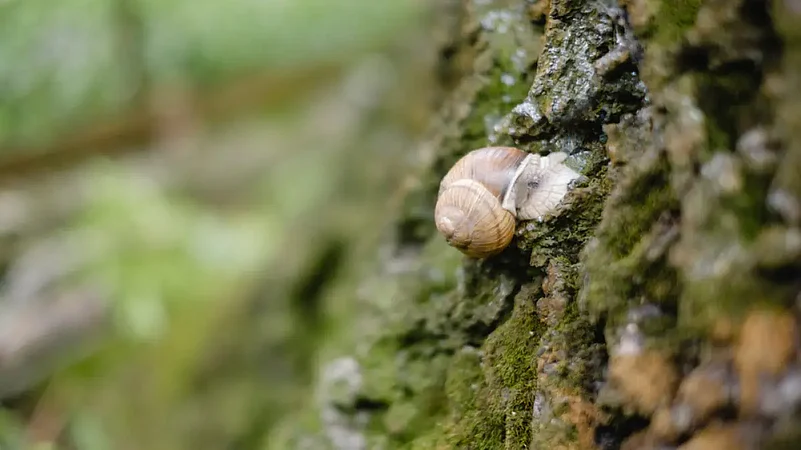“The clouds weep so the earthly mortals can start worrying about life.” Our granny never failed to mutter these words on our walks to the riverbanks to check the tides. Monsoon meant migration to us. The river carries a myriad of creatures in her bosom like a train. Python, baby elephants, foxes, coloured fishes, and strange flora from the distant land find a new home near every bend and bank. Sometimes, they get caught in the whirlpools and join the Arabian Sea. The walk to the riverbank at regular intervals between the rain is a ritual. Our custom is to walk the tides home. People in mossy, wet, laundered clothes dip stones tied to jute strings to measure the advancing tides.
Monsoon Memory: Let’s Walk The Tides Home
The walk to the riverbank at regular intervals between the rain is a ritual. Our custom is to walk the tides home. People in mossy, wet, laundered clothes dip stones tied to jute strings to measure the advancing tides.

Meanwhile, vipers and pythons encroach on our land.
Vipers hide between the lush green pepper vines and vanilla pods. Civets prefer tall palms, and foxes hide behind tall turmeric leaves. Sadly pythons, because of their overboard physique get caught while trying to cross the road. Mud crabs and strange-looking fishes, and tortoises enter our paddy fields. Boys prepare their cane baskets and leave for the fields for ‘oothapiditham’ or the art of trapping wild slimy-skinned fishes.?
In the evening, the tide takes leave, and humans relish yams and freshly caught fish. Civets climb down the palms and walk on dead electric lines like street circus artists, who walk on tight ropes balancing in mid-air. The younger kids light candles on the tortoises, which were caught under clay pots and cooking vessels, set them free and watch them march slowly like torch bearers in pitch darkness. Meanwhile, foxes come out of the turmeric bushes to hunt baby crabs. They drop their bushy tails into the crab burrows and trick them. The fox shakes its tail and the crab clutches to the moving bush, and bingo! Cunning fox enjoys a crab dinner.
The plants and trees which get deposited are given a few days' mercy to try and root into the new soil. Those who fail start decaying and are removed to make space for the migrants to spread their roots and stretch their bodies. They start living along with our nutmegs, areca palms, teaks, rosewood and climbers, creating a canopied tropical paradise.
The struggle to survive in the new soil does not erase their past. They shed leaves during spring and bloom in winter, hoping to join their cousins, in memory of their bygone land.?
Nobody has witnessed the exodus of these monsoon migrants later. With every rainy season came a new set of migrants who lived and left in silence. Granny believed the arrival of silent migrants was a sign to wake up from lethargic summer and toil to survive the season without going in exile. Maybe, these foxes and fishes could have been the primitive climate refugees. The riddle repeats with every monsoon and wise men like Granny solve it.
-
Previous Story
 Han Kang Wins 2024 Nobel Prize For Literature: A Look At Her Boundary-Defying Works
Han Kang Wins 2024 Nobel Prize For Literature: A Look At Her Boundary-Defying Works - Next Story


















